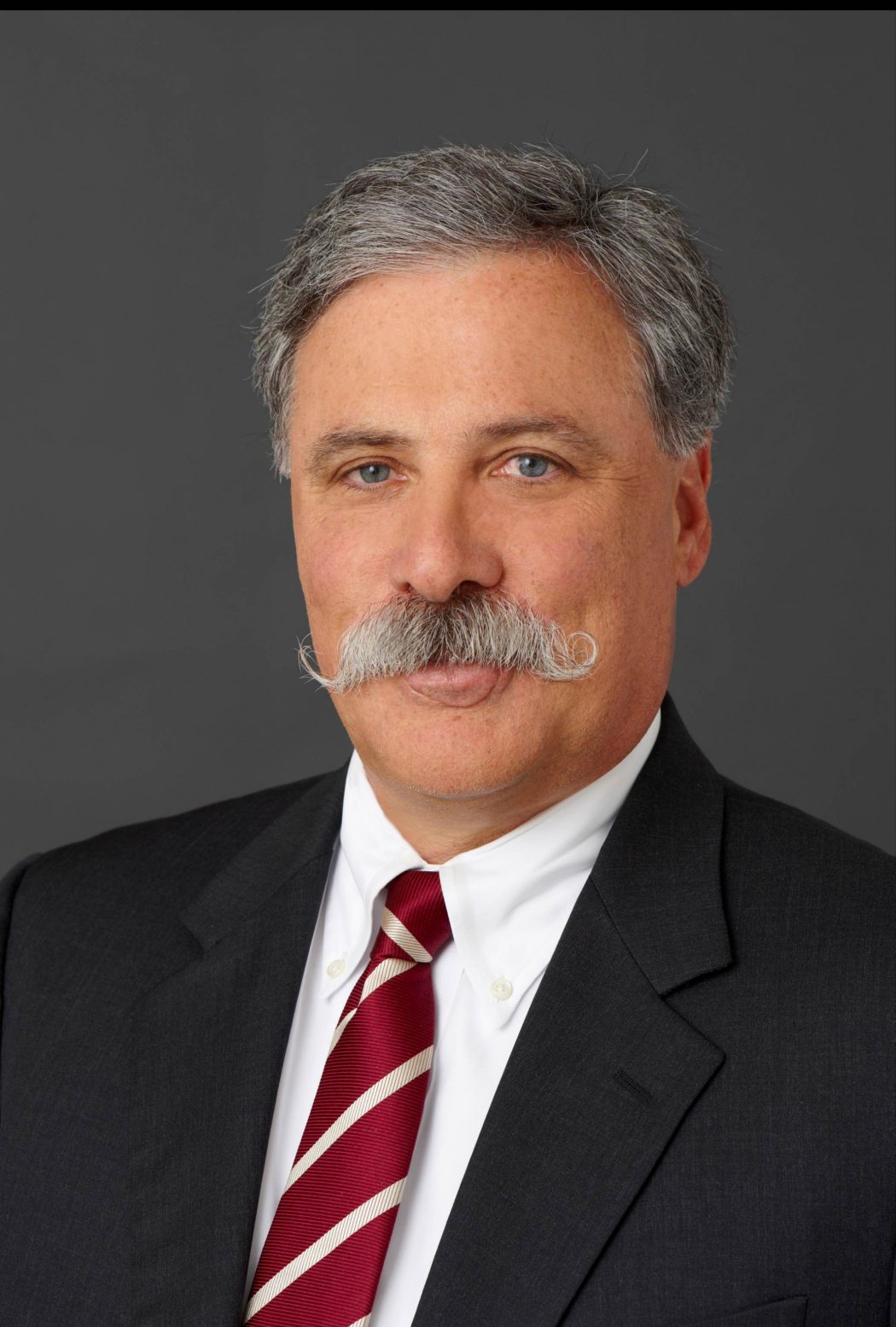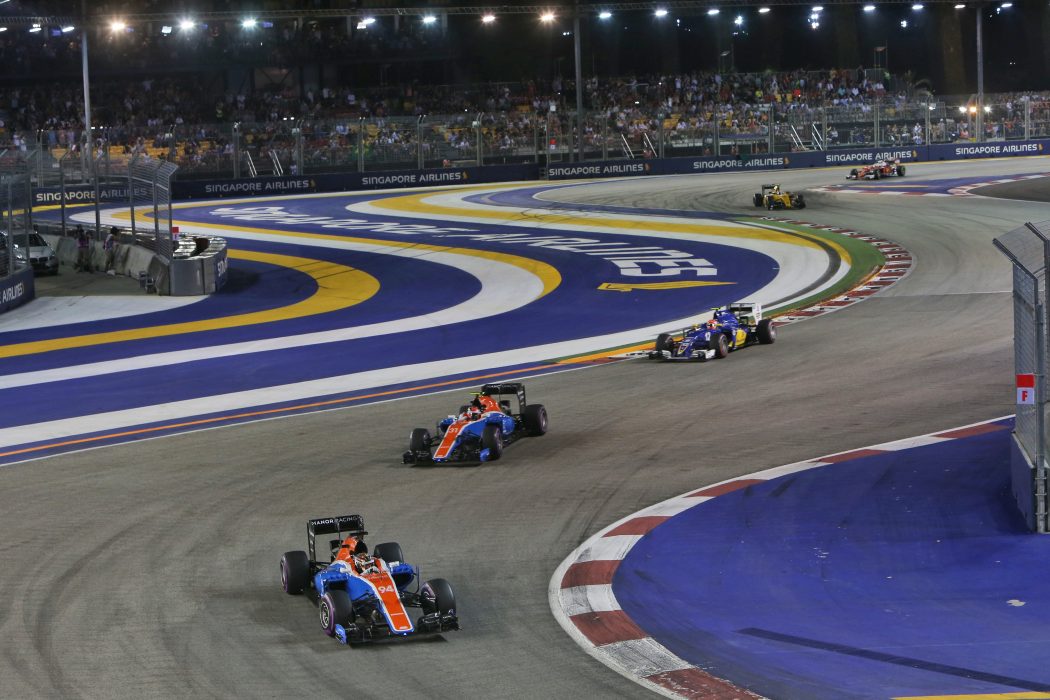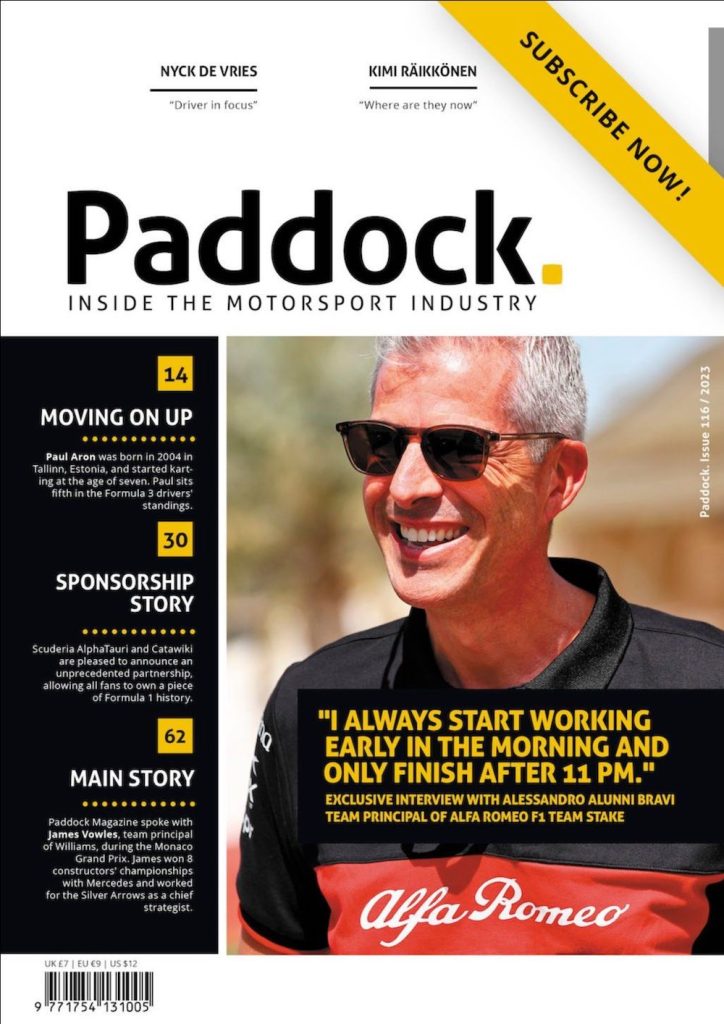Sponsorship
Sponsorship contributes approximately 15% of the sport’s revenues, and Formula 1’s new owners will certainly look to establish a broader range of commercial partners. There is no doubt that the recent Heineken partnership marked a change in the approach and rights on offer to partners. The greater level of access and content rights secured by Heineken was a positive step forward and one that will help the sport attract more consumer-orientated brands to the sport.
In some respect Formula 1’s potential to generate massively increased sponsorship revenue is limited. Most Global Partners will want the vast branding that provides global stature and brand association with Formula 1 and its values. But circuits are only so big, meaning only so much branding inventory can exist. Realistically, Formula 1 has the potential for three additional global partners.
Building up in the US is not going to get solved in two years.
With the availability of content and social media rights having been addressed, two more challenges exist. First is the perception of the Formula 1 brand among business leaders – it’s not entirely positive for a variety of reasons. Second is the understanding of the sport’s audience – many brands strongly perceive Formula 1’s audience as high-income and old. The sport has over 400 million viewers, with an audience that size, the audience is going to be fairly diverse, no? Formula 1 has in fact more millennial and female viewers than many realise.
Addressing these issues may help Formula 1 attract three new sponsors of Heineken’s like – brands like Nestle, P&G or PepsiCo – and benefit from over $100 million in additional annual sponsorship revenue. Not to mention partners that commit sizeable budget to promote their partnerships – and thus, the sport. A win all around.
Liberty Media might also drive sponsorship revenue by addressing the fact a sizable portion of Formula 1’s calendar is without title sponsorship. In some cases, the promotor has secured sponsorship rights as part of the host agreement.
The Grand Prix is often one of, if not the, largest annual sporting event in a country, providing a great opportunity for a large national or multinational brand to engage the Formula 1 audience. Title partnership commands $3-6m per race, and that adds up – particularly over a 25-race season!
Another option may be to follow the models of Man Utd and FIFA who recently adopted a regional partnership structure. Manchester Utd football club now generates £160m per annum in sponsorship and has more regional or national partnerships than global partnerships.
Other
For Liberty Media, the Formula 1 acquisition also provides some synergistic opportunities and efficiencies. Liberty Media also own Live Nation and Ticketmaster. Live Nation organises and promotes live events for the world’s largest music and entertainment stars. Therefore, might we see live music and entertainment becoming a bigger part of Formula 1 events in the coming years? Very Possibly. Chase Carey said he believes that “there is an enormous opportunity to really make these events much bigger than today. It’s about building the live experience at these races… much bigger, broader, and appeal to a much larger audience, and to have related things throughout the week”.
Formula 1’s previous attempts to incorporate music had varied success. Today, music activities are normally organised and paid for by individual race promotors rather than Formula 1 – as was the case when Sir Elton John performed at COTA. So do Liberty have a profitable business model for incorporating music at the sport’s events? They certainly have the experience and know-how, so in time, I’d expect so.
And Ticketmaster – Formula 1’s new ticket sales and distribution partner? I wouldn’t be surprised!
Finally, what about something “out of the box” – a new concept to drive Formula 1’s popularity and Formula One Group’s revenue?
The Grandstand Finale
Addressing many of fans issues, and “the big question” in Formula 1 (who’s the best?) perhaps the new owners might consider creating an annual or quadrennial non-championship event where all drivers compete in a special car run by their team. A kind of Super Bowl of motorsport.
The event location could be different each year – going to the city or track that offers the best combination of money, location and promotional activities. The world’s greatest and richest nations would compete to host the event. The event would be box office, and because the broadcast would sit outside the official championship, Formula 1 could sell these additional rights to their global partners, show it exclusively on F1TV or with other pay-TV broadcasters. This event would showcase which driver is truly the best, draw global attention and drastically increase Formula One Group’s revenue! Not to mention that it would be hugely entertaining, to say the least.
What might this race event contribute in revenue terms? Hard to say, but with a one-off event host fees, a global audience attracting broadcasters, it could bring a big number indeed!












Related Articles